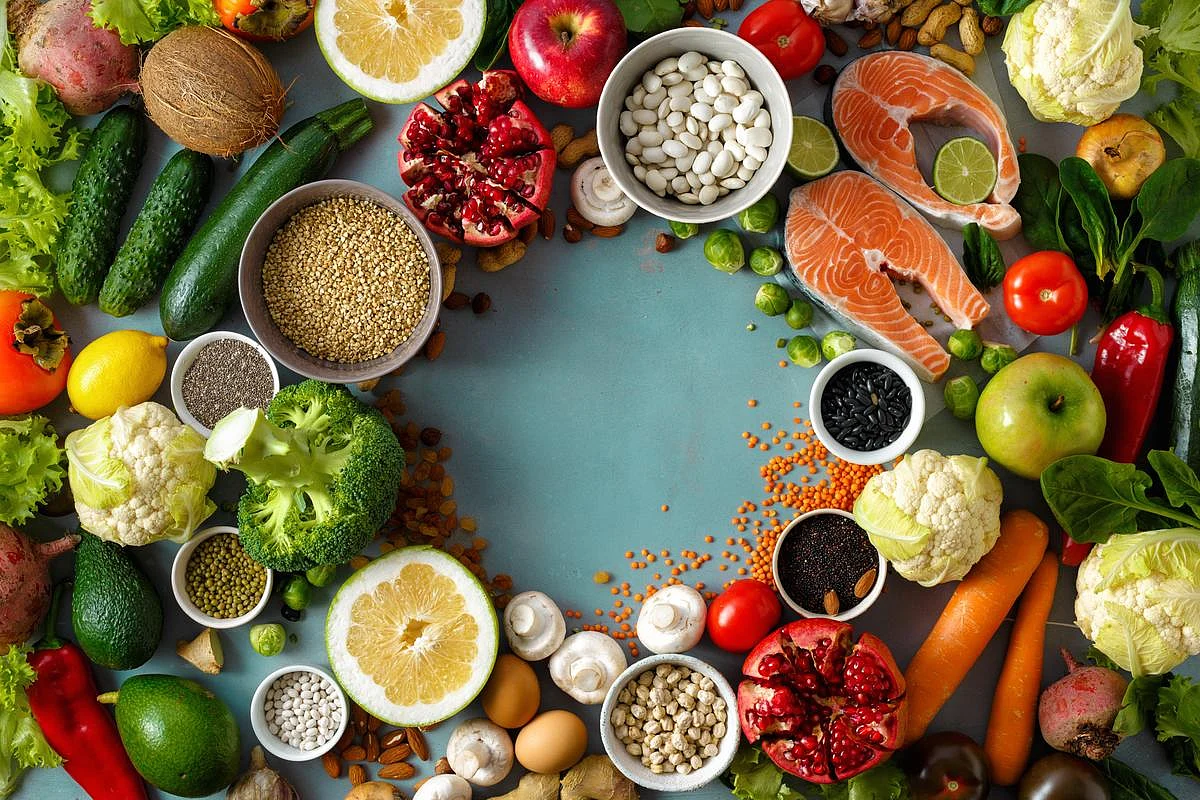(330) 876-1228
8507 Main StreetKinsman, OH 44428
(330) 876-1229

A cancer diagnosis often forces a person to take a hard look at their life and lifestyle, but a new study shows that few take steps to eat healthier after treatment.
People who survive cancer are as likely as others to ignore the risk posed by red meat, alcohol and other unhealthy foods and to shrug off the benefits of fruits, vegetables and fiber, researchers report in the journal Public Health Nutrition.
“Cancer treatment specialists view a cancer diagnosis as a ‘teachable moment’ that increases openness to adopting a healthy lifestyle,” lead researcher Hemangi Mavadiya, a doctoral candidate at the University of California-Irvine School of Population & Public Health, said in a news release.
“However, this study shows that there is a critical need for targeted dietary and behavioral interventions for the survivors and that education from provider to survivor is insufficient,” she added.
The U.S. is projected to have as many as 26 million cancer survivors by 2040, researchers said in background notes.
These folks often face an increased risk of a follow-up cancer, and diet is a known means of reducing cancer risk, researchers noted.
To see how a brush with cancer might change a person’s eating habits, researchers analyzed survey data collected by the National Cancer Institute for more than 6,100 cancer survivors and 35,500 people without cancer.
“We wanted to better understand how survivors were approaching their lifestyle and nutrition choices post-diagnosis and treatment and if their cancer journey did anything to improve this area of their lives,” said senior researcher Yunxia Lu, a professor of population health and disease prevention at UC-Irvine.
However, her team found no significant differences in cancer survivors’ awareness of the risks inherent in some foods.
Cancer survivors were about as likely as healthy people to mistakenly say that processed meat, red meat, alcohol and sugary drinks aren’t related to cancer risk, the study says.
They also were about as likely to fail to draw a line between fiber, fruit and vegetable intake and a lower risk of cancer, results show.
This lack of awareness extended to what cancer survivors actually ate, compared to those who’d never had cancer, researchers said.
For example, about 82% of both groups failed to meet the American Cancer Society’s recommendation for consuming more than two to three cups of fruit per day, results show.
Likewise, 75% failed to meet the recommendations for vegetables, researchers found.
Researchers said the study shows cancer survivors likely aren’t being provided dietary advice that could protect their health, or the encouragement to embrace such advice.
“Health care professionals should integrate culturally sensitive nutritional education and counseling services into routine survivorship care, which may help cancer survivors adopt and maintain healthy dietary behaviors,” Lu said.
More information
The American Cancer Society has more on eating healthy after surviving cancer.
SOURCES: University of California-Irvine, news release, July 16, 2025; Public Health Nutrition, July 16, 2025
